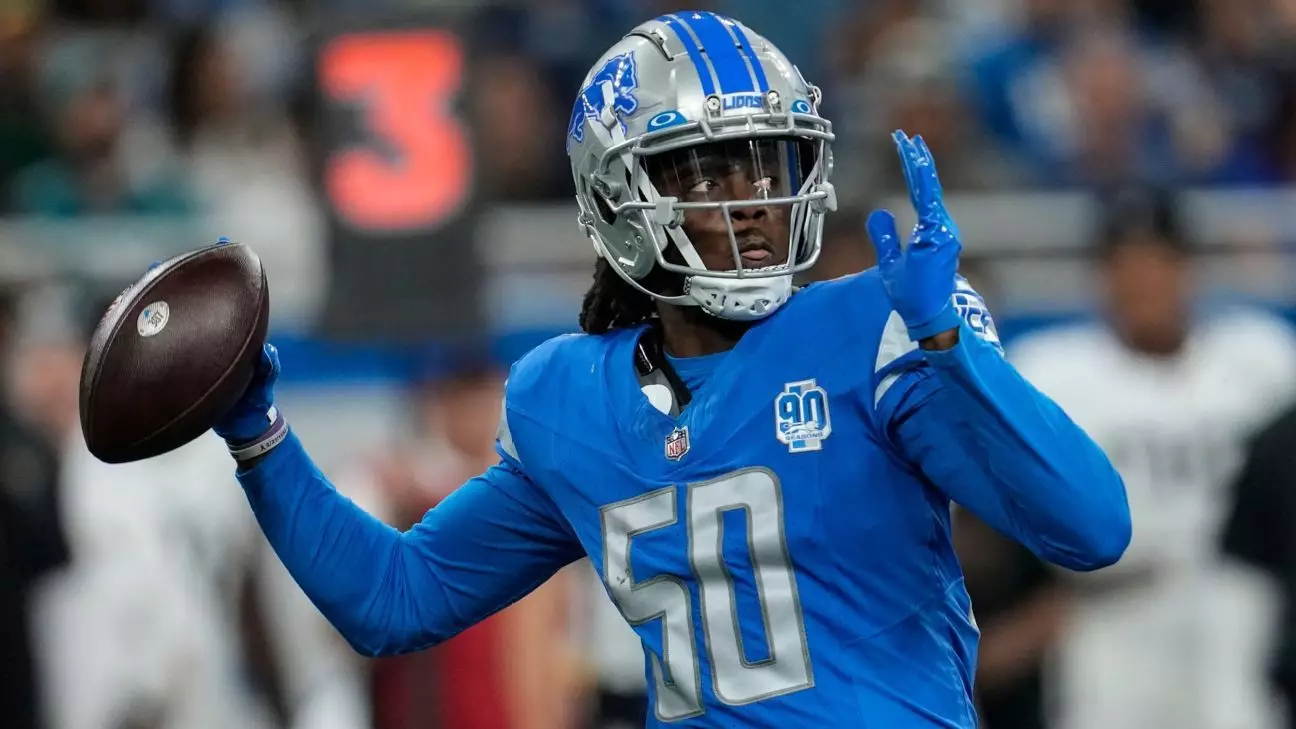In the relentless machinery of professional football, durability seems to be a trait exaggerated well beyond its true importance. Teddy Bridgewater’s recent visit to Tampa Bay, ostensibly to bolster the Buccaneers’ quarterback room, exposes a wider truth about the league’s fleeting stability. Despite his decade-long career and respectable stats—33 wins, over 15,000 yards—the investment in Bridgewater appears more like a bandaid than a foundation. When the NFL boasts of long-term success, it often masks the reality that careers are fragile, and every so-called veteran is merely a momentary fix in a cycle of constant churn. Bridgewater’s brief stint with the Lions last December, in which he didn’t appear in a regular season game, underscores that veteran label is often more about reputation than reliability.
That such a seasoned player needs a team’s emergency backup speaks volumes about the league’s broader structural faults. The NFL’s obsession with short-term performance and instant results discourages genuine stability. Instead of fostering genuine developmental pathways—like cultivating young, promising quarterbacks—the league relies heavily on journeymen who are expected to step in at moments of crisis. Bridgewater’s acquisition is a testament to this reality: his career, while commendable, is more indicative of the league’s fleeting appreciation for its players than of any meaningful strategic planning. The NFL’s reputation as a “player’s league” often masks the harsh reality that most players, regardless of their experience, are just one injury away from being forgotten.
The Illusion of Leadership and Authenticity in a Commercialized Environment
Bridgewater’s story is further complicated by his off-field endeavors and community involvement. Known for his genuine connections to the Miami football scene, he embodies a contradictory figure—one who gives back out of love but also finds himself embroiled in controversy. His suspension from coaching due to allegations of providing impermissible benefits reveals the uncomfortable truth about sports’ blurred lines—beneath the surface of camaraderie and mentorship lies a system driven by competitive pressures and survival instincts. Yet, amidst this chaos, his supporters emphasize his character, his long-standing ties to players like Lavonte David, and his unwavering dedication to serving others.
This narrative reflects a larger trend in sports where athletes and coaches are celebrated not only for their skills but also for their perceived moral fabric. However, the reality is often more nuanced. The league elevates stories of redemption and community service as a way to distract from the systemic issues that lurk behind the scenes: greed, exploitation, and the commodification of youth sports. Bridgewater’s case exemplifies how professionalism and authenticity are frequently compromised in pursuit of more lucrative, visible pursuits—whether it’s a short-term NFL contract or community praise.
The Center-Left Perspective on the League’s Contradictions
From a liberal, center-leaning perspective, the NFL’s recent movements highlight the contradictions inherent in the sport’s culture. On one hand, the league enables players like Bridgewater to pursue their careers, provide for their communities, and serve as role models. On the other, it perpetuates a system that values winning over well-being, often at the expense of player health and long-term stability. The league’s focus on quick fixes—recruiting veteran quarterbacks or signing fleeting talents—demonstrates a superficial approach to team-building, prioritizing short-term gains over sustainable development.
This constant cycle of churn denies players meaningful career progression and shifts the focus from community-oriented values to commercialized spectacle. Bridgewater’s embrace of youth coaching and community outreach suggests that true leadership isn’t just about on-field performance but about fostering positive change off the field. Yet, such efforts remain secondary to the league’s primary drive: profit maximization. The NFL’s institutional priorities reveal a system that values entertainment over integrity, often leaving players, coaches, and communities to suffer the fallout. It is this incongruity—between the league’s professed values and its actions—that underscores the urgent need for reform rooted in genuine care for the human beings who make this sport possible.


Leave a Reply